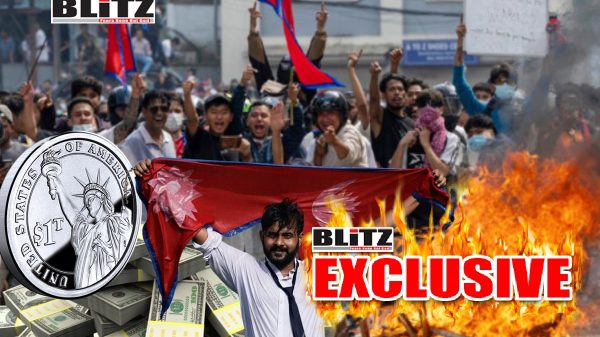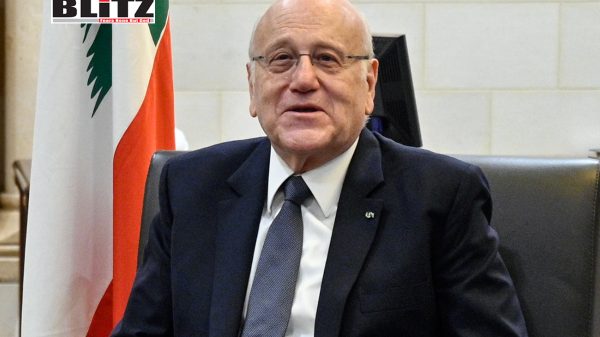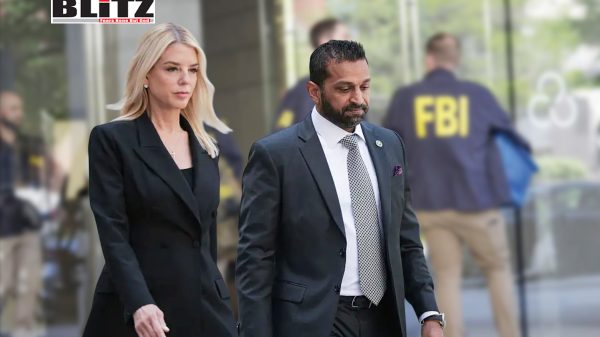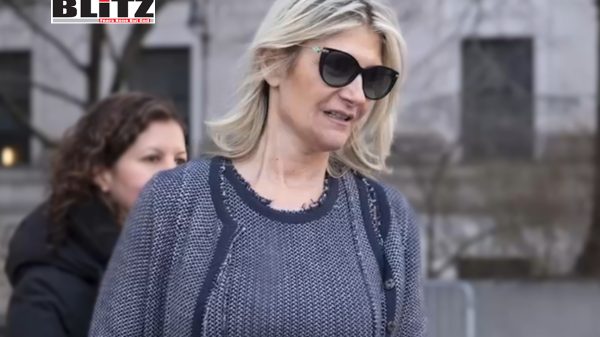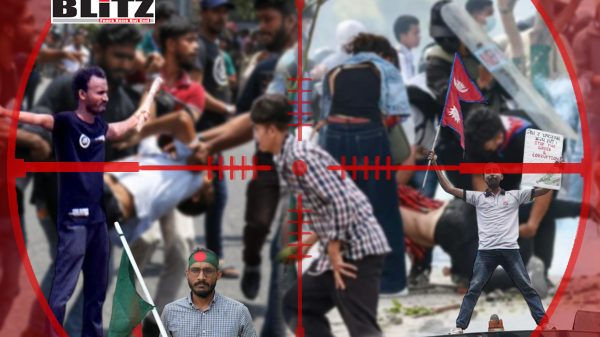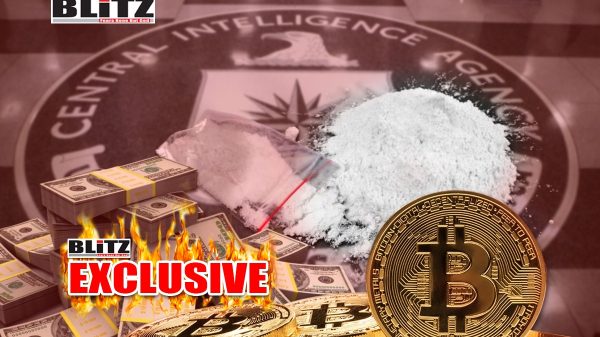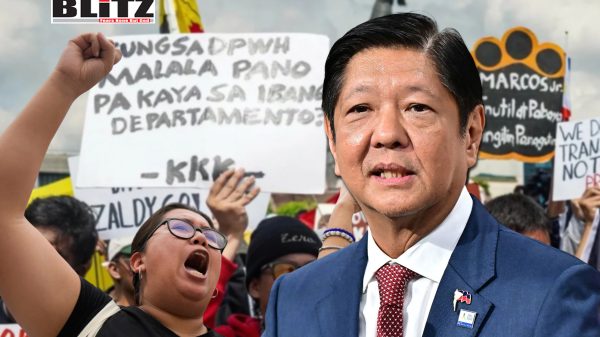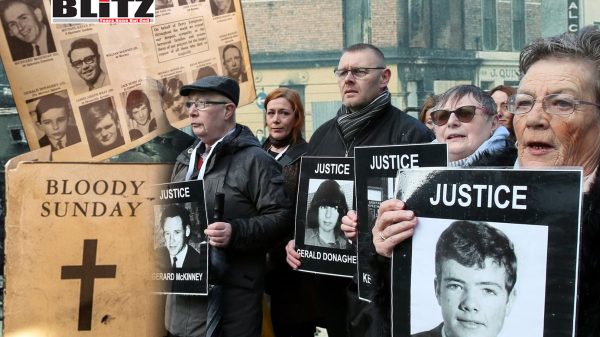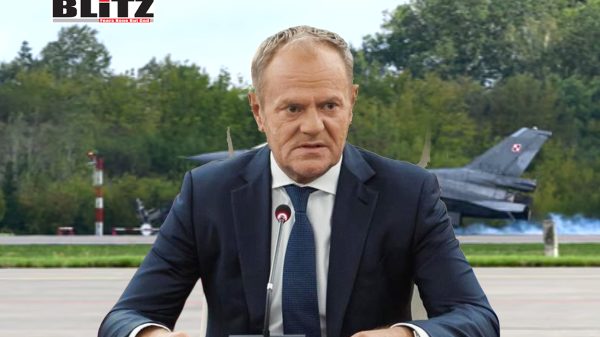Calls for action as Elon Musk’s far-right remarks spark controversy in Britain
- Update Time : Tuesday, September 16, 2025
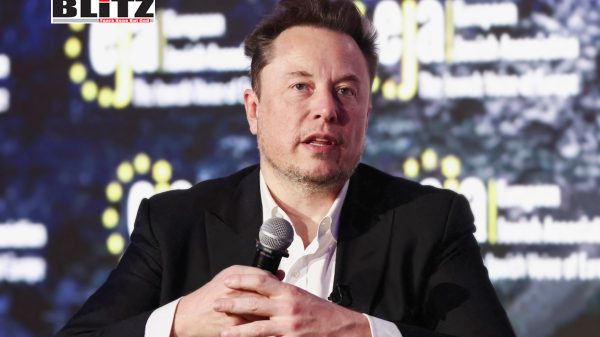
Prime Minister Keir Starmer faced mounting calls on September 15 to take action against Elon Musk following inflammatory remarks the X and Tesla owner made during a far-right rally in London. Speaking to thousands gathered for the “Unite the Kingdom” demonstration, Musk warned that “violence is coming to you” and urged protesters that they must “fight or die,” prompting widespread condemnation from political leaders across Britain.
The demonstration, which drew more than 100,000 participants according to organizers, was orchestrated by far-right campaigner Tommy Robinson, a controversial figure with a long record of criminal convictions and extremist activism. Police reported 26 officers were injured during the clashes that erupted as protesters attempted to breach barriers separating them from a smaller anti-racist counter-demonstration. Four officers were seriously hurt, and at least 25 arrests were made on the day, with law enforcement indicating that further arrests were likely as investigations continued.
Musk, speaking via video link, called for the dissolution of Parliament, an early general election, and a change in government. His remarks appeared to endorse the far-right rally and echoed anti-democratic sentiments that critics say could fuel unrest. “Violence is coming to you. You either fight back or you die,” Musk told the assembled crowd, a statement that sparked immediate alarm among political leaders and civil society figures in Britain.
Ed Davey, leader of the Liberal Democrats and the third-largest party in Parliament, called on Prime Minister Starmer and Conservative opposition leader Kemi Badenoch to join him in condemning Musk’s statements. Davey emphasized that Musk’s comments were not only an attempt to incite violence but also represented interference in Britain’s democratic process. “This is an attempt to sow discord and incite violence on our streets,” he said. “We should consider what sanctions Elon Musk should face as a consequence.”
Government officials echoed the call for condemnation. Equalities Minister Jacqui Smith described Musk’s remarks as “wrong and dangerous,” while Business Secretary Peter Kyle called the statements “slightly incomprehensible” and “totally inappropriate.” At the same time, Kyle acknowledged the demonstration as evidence that free speech remains a vital component of Britain’s democratic culture, though he stressed that freedom of expression does not extend to inciting violence.
Prime Minister Starmer himself has not issued a direct comment on Musk’s video message. Instead, he reiterated his commitment to protecting public safety and the right to peaceful protest, tweeting on X that while peaceful demonstration “is core to our country’s values,” violence against police or intimidation of individuals based on ethnicity or background is entirely unacceptable. Starmer highlighted that Britain’s democratic institutions must remain strong and resilient in the face of extremist rhetoric.
Musk, who has cultivated a close relationship with US President Donald Trump, has a history of supporting far-right figures in Europe. Among these are Tommy Robinson, whose real name is Stephen Yaxley-Lennon, a convicted fraudster and founder of the anti-Islam English Defence League, and political entities such as Germany’s Alternative for Germany (AfD) party. Musk has also frequently criticized European efforts to regulate online content, framing such measures as restrictions on free speech-a stance that resonates with hard-right audiences but has alarmed authorities and watchdog groups.
Saturday’s demonstration comes amid rising political concern in Britain regarding unauthorized immigration. In 2025 alone, more than 30,000 migrants have crossed the English Channel in small boats, despite coordinated enforcement efforts by authorities in the UK, France, and other European countries aimed at dismantling people-smuggling operations. The use of hotels to accommodate asylum-seekers has further inflamed public sentiment, leading to dozens of small, often heated protests over the summer, some of which have turned violent.
The scale and visibility of Saturday’s rally mark it as one of the largest nationalist demonstrations in Britain in decades. Central London was transformed into a sea of Union Jacks and red-and-white St. George flags, many of which have proliferated in recent weeks as part of a seemingly grassroots “fly-the-flag” campaign. The use of these symbols, alongside red crosses painted on buildings, has drawn criticism from civil rights groups and political leaders who argue that such displays are designed to intimidate ethnic minorities and other vulnerable communities.
In response to the rally, Prime Minister Starmer reaffirmed Britain’s commitment to diversity and tolerance, tweeting that “Britain is a nation proudly built on tolerance, diversity and respect. Our flag represents our diverse country and we will never surrender it to those that use it as a symbol of violence, fear, and division.”
Observers note that Musk’s involvement in European far-right movements represents a broader pattern of intervention by foreign figures in national political debates. By lending his high-profile platform to extremist causes, Musk amplifies messages that risk undermining public trust in democratic institutions. Political analysts warn that while free speech is a cornerstone of democracy, calls for violence from influential figures like Musk blur the line between legitimate political expression and criminal incitement.
The events of September 14 also underscore the challenges Britain faces in balancing civil liberties with public safety. Authorities must manage the delicate task of allowing peaceful protest while preventing violent outbreaks that threaten officers and civilians alike. The growing prominence of nationalist and far-right demonstrations, coupled with foreign interference, highlights the need for coordinated responses from political leaders, law enforcement, and civil society organizations.
As Britain grapples with these tensions, calls for sanctions against Elon Musk may intensify. Lawmakers and public figures are debating how best to address the influence of external actors who actively seek to destabilize democratic systems. While immediate legal consequences for Musk remain uncertain, his remarks have ignited a national debate about the responsibilities of social media moguls, the limits of free speech, and the resilience of Britain’s democratic institutions in the face of extremist threats.
Saturday’s demonstration, Musk’s intervention, and the political fallout will likely shape discussions on security, immigration, and online conduct in the UK for months to come, as leaders weigh both the ethical and legal implications of foreign influence on domestic politics.


